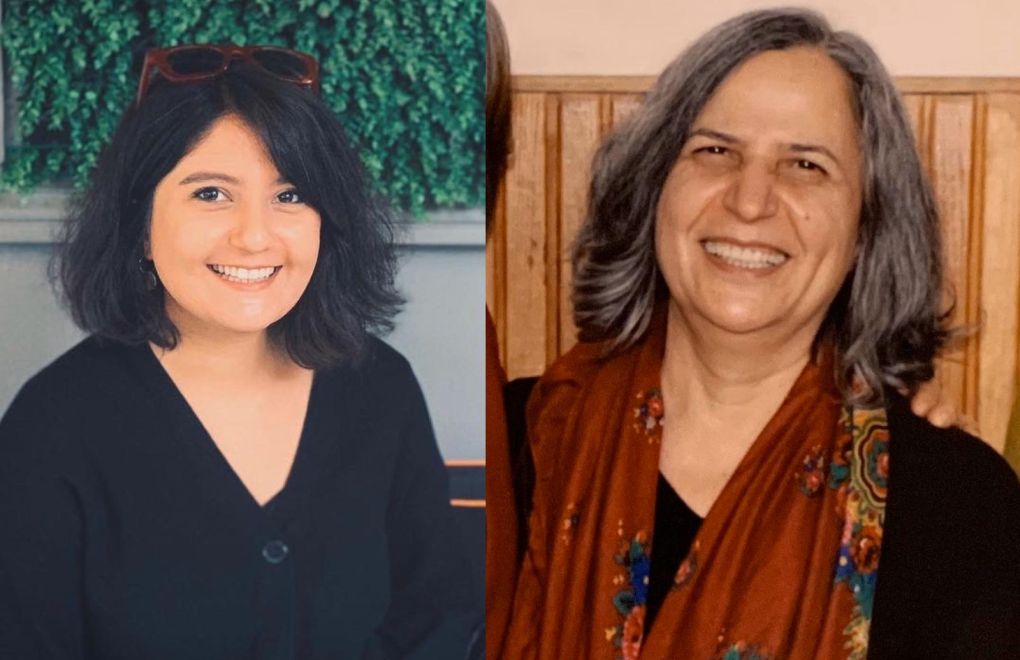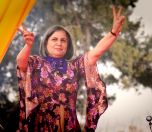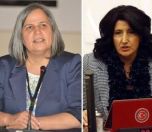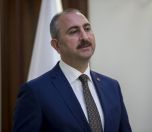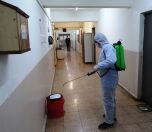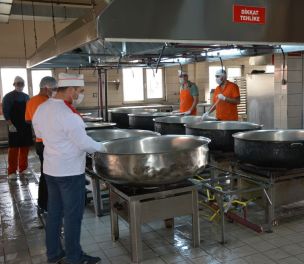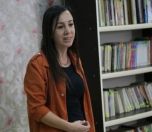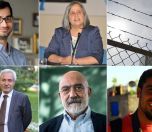Click to read the article in Turkish
While coronavirus, or Covid-19, is shaking and quickly spreading to the whole world, prisons, unfortunately, are one of the places that are considered to be affected by the outbreak most adversely. For this reason, in several countries of the world, revolts break out in prisons and several governments are gradually releasing prisoners.
I have also been the relative of an arrestee since October 2016. My mother Gültan Kışanak has been on trial for three and a half years and she is currently held in Kocaeli Type F Prison. Like thousands of prisoners' relatives, I am also worried about my mother and thousands of prisoners.
After the virus was declared an outbreak, the first measure that they have taken in prisons is to postpone the visitations of prisoners' relatives. They have done it to protect prisoners and to prevent the spread of the outbreak in prisons; however, we also need to see how it has aggravated the isolation suffered by prisoners behind bars.
We can now only communicate with my mother by talking to her on the phone for 10 minutes twice a week. According to a news shared on social media about Kocaeli Prison, where my mother is also held, while a prisoner was talking on the phone and saying that no precautions were taken against the virus, the telephone line was cut off.
If that is true, then, we understand that the prison administration has taken an attitude of "Don't speak of the virus, speak long", which is, unfortunately, not any different than the mindset of "Citizen, speak Turkish." In a period when everyone is so concerned and has so rightful worries about their loved ones, it is nothing but a punishment for prisoners and their relatives. We, unfortunately, live the modern version of what my grandmother went through during the military coup on September 12, 1980.
There is no precaution or protection in prisons, there are only bans.
No precautions have been taken in prisons. Hygiene products are not given to wards. No tests are conducted for the virus. Until a circular letter was issued on March 30, tens of thousands of prison personnel were going home after work; in other words, they were not isolated from social life, thereby increasing the risk of the virus to spread in prisons. All food and basic needs of prisons are provided from outside.
We constantly have these questions in our minds; but, unfortunately, we know that their answers are negative: While the hygiene conditions of these foodstuff are questionable even under "normal" circumstances, are any additional measures taken today? Everyone has stopped eating from outside and turned into involuntary cooks at home, what do the ones in prisons do? In an interview that my mother gave just a month ago, she said that mouses were scurrying around in her ward.
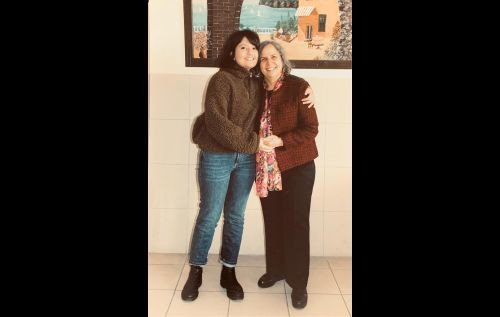
All prisons are places that are humid, where there is even no clean water and hot water runs for only a few hours a day and for only a few days a week; they are dilapidated places where even the healthy ones get sick after entering. My mother also has some chronic diseases. There are ill prisoners with much more serious illnesses, there are old prisoners, children and women with their children behind bars. Everyone staying in prisons is at risk.
Political prisoners are especially at risk because of both the attitude of prisons and some health personnel against professional ethics. Even under "normal" circumstances, political prisoners can hardly see a doctor or be referred to a hospital. Even if they can go to a hospital, some physicians, unfortunately, can take an openly negative attitude towards political prisoners. Therefore, we have serious concerns about the attitudes of doctors and hospitals in case of an emergency related with the virus.
In the days when we, the relatives of prisoners, expressed these concerns, the amendment to the law on criminal execution, which was brought up for several times before, but postponed, once again started to be discussed. However, soon did we understand that it was far from meeting the needs of the society and relieving us. According to this draft, while the ones who committed crimes against individuals will be released with a covert amnesty, the ones held behind bars due to their opinions will remain in prison.
I still want to believe that this draft can be changed in a more egalitarian way that will include everyone. Because the mechanism that we call a state has been developed to protect the life and property of people and to organize common life. Moreover, while we are faced with a global and deadly outbreak, the possibility of not releasing "criminals of thought" will openly mean murder and an encroachment upon the right to life.
Today, the United Nations (UN), Council of Europe (CoE) and rights defenders and institutions from around the world are calling on the authorities to evacuate prisons. Not abiding by these calls will go down in history as a crime against humanity. On September 12, my mother was in Diyarbakır No.5 Military Prison, where the most inhuman, the most horrible tortures were inflicted. Crimes against humanity were committed there. In spite of this, my mother has never stopped saying peace and equality. She has struggled to find the common good all through her life.
I cannot help thinking: For how many times in her life can a person be subjected to crimes against humanity? (EJK/EMK/SD)





